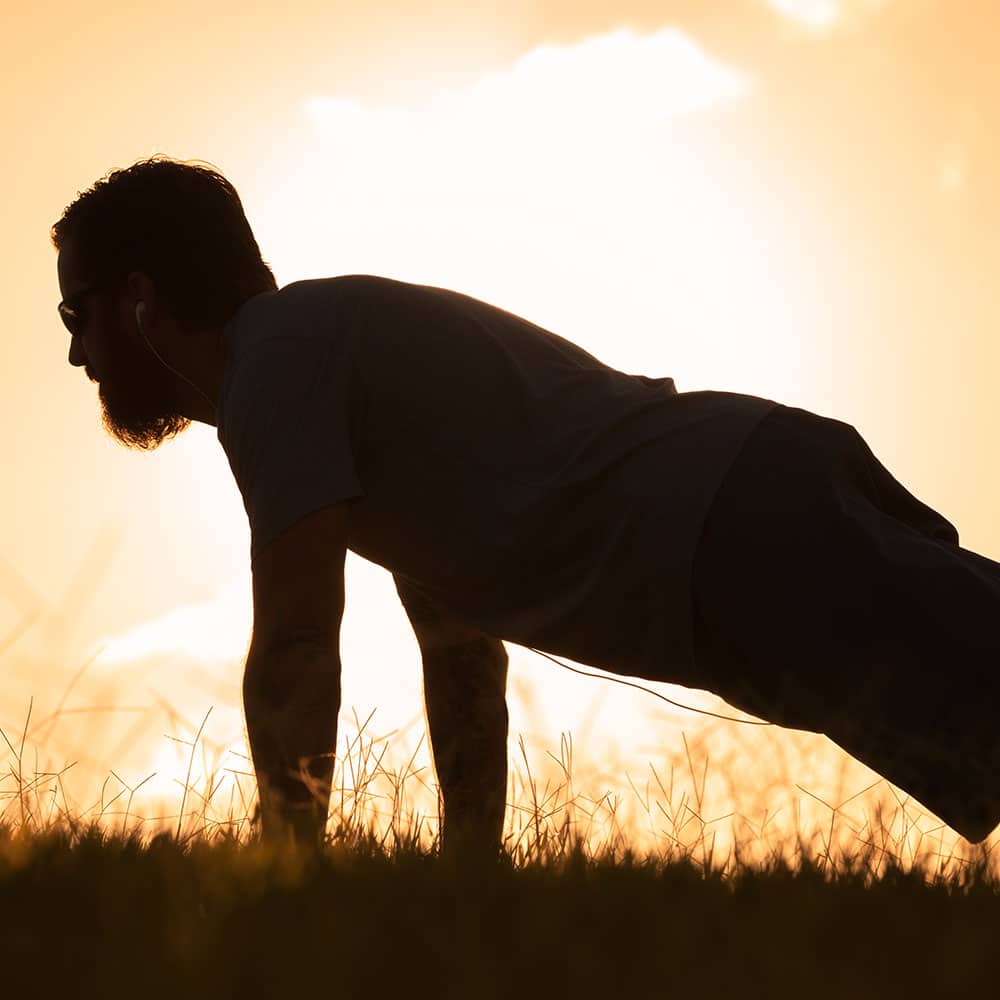“For the past 3 decades of practice, I’ve always endorsed and promoted any form of activity, especially walking as part of an over-all Anti-Aging program particularly for seniors. The newest wave in healthcare is that of Anti-Aging and we have been at that forefront for twenty years or more. Nothing replaces activity and movement.” Says Dr. Ronald Klatz, President of the A4M, Sept. 29, 2017.
(HealthDay News) — Active middle-aged men are likely to stay active into old age, a new study finds.
The research included nearly 3,500 British men, aged 40 to 59 at the start of the study. The researchers followed the men’s health for 20 years. Those who were physically active in mid-life were nearly three times more likely to be active at the end of the study period.
Men who played sports in mid-life were more likely to be active in old age than those who did other types of physical activity in mid-life. That was especially true of those who played sports for many years, the findings showed.
Men who played sports for 25 years or more were nearly five times more likely to be physically active in old age than those who didn’t play sports, the study authors said.
But plenty of men took up high levels of walking as they aged. At the start of the study, just 27 percent reported high levels of walking. By the end of the study, that number was 62 percent.
The study was published online Sept. 20 in the journal BMJ Open. “Early engagement in sport and structured exercise may be vital for developing the necessary motor skills needed to establish a lifelong habit for physical activity. However, it may also be important to provide opportunities to take up other forms of activity, such as walking, during the transition to old age,” study lead author Daniel Aggio, from University College London (UCL), said in a journal news release. There are a number of reasons why playing sports in middle age may increase the likelihood of being active in old age, the UCL researchers suggested.
“One possibility is that people’s enjoyment of sport may be more likely to persist into old age than preferences for other types of activity,” the authors wrote.
“Sport participation in mid-life may help maintain physical function and [physical activity] self-efficacy in later life, increasing psychological and physical readiness for [physical activity] in old age,” the researchers added.




